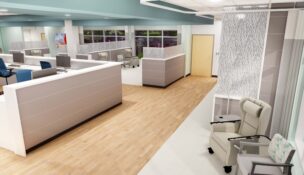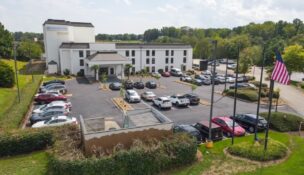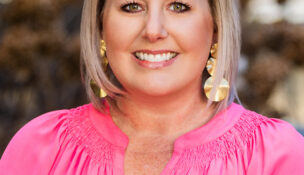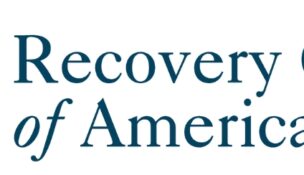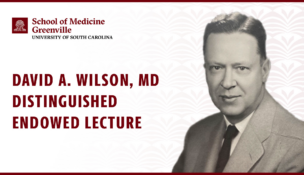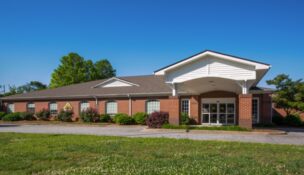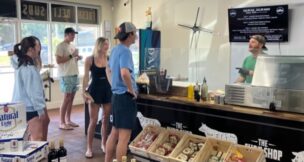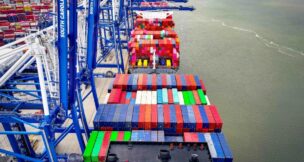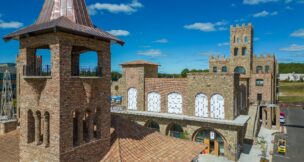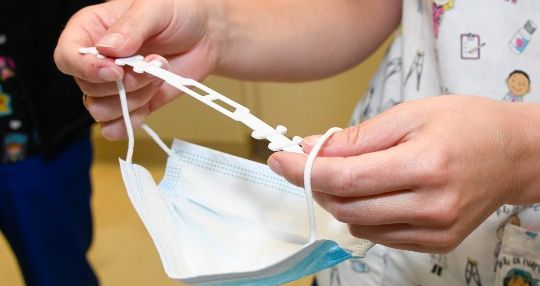

Prisma’s Ear-savers donor to make respirator components
Molly Hulsey //June 1, 2020//
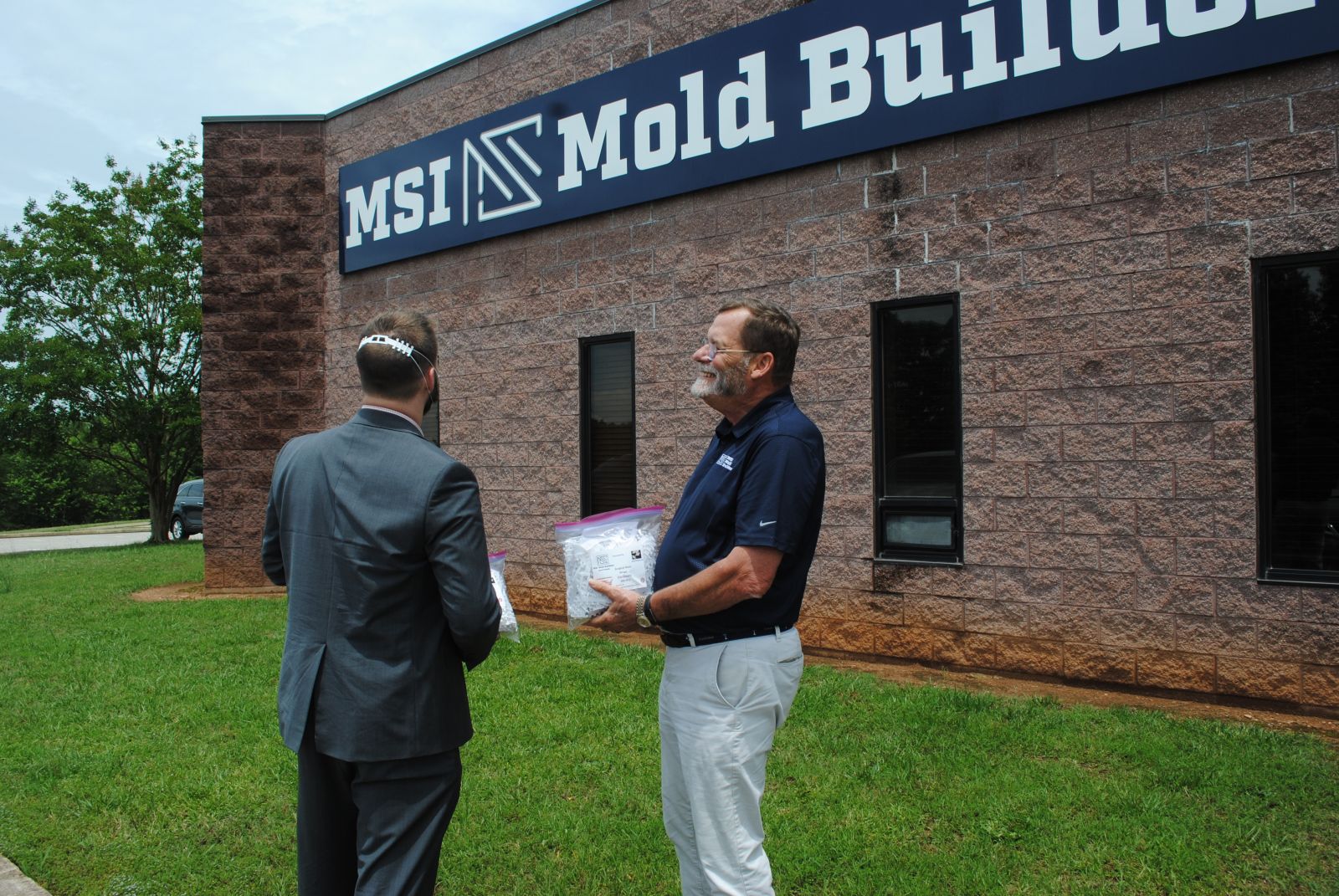 Within two minutes of hearing Cody Reynolds’ request, Roger Klouda, president of MSI Mold Builders, realized — with the right mold and a $6,500 investment — churning out thousands of six-inch neck straps for Prisma Health would be a cinch for his plastic-molds plant.
Within two minutes of hearing Cody Reynolds’ request, Roger Klouda, president of MSI Mold Builders, realized — with the right mold and a $6,500 investment — churning out thousands of six-inch neck straps for Prisma Health would be a cinch for his plastic-molds plant.
“We do a lot of work in the health care area, but most of the time we’re building molds for larger parts for sale to medical companies, and that type of thing,” Klouda said. “This was an opportunity for us just to give something back that we’re normally not in the position to do.”
For Prisma Health, the surgical and N-95 masks in constant use because of COVID-19, had led to the hassle of continual readjustment or even bleeding behind the ears for doctors and nurses, according to Cody Reynolds, technology transfer manager at Prisma’s Health Sciences Center and a member of Prisma’s Rapid Innovation Task Force.
“They were having some ear injuries and more than that, people would reach up to adjust their masks, because they weren’t used to them, and that’s a potential source of contamination,” Reynolds said.
While scouring the internet for a solution, Reynolds discovered an open source design on the National Institutes of Health website for “ear savers,” six-inches of grooved plastic used to secure elastic mask straps behind the head instead looping around sore ears. Next, he needed to hunt down a plastic-injection molding company, and MSI was at the top of his list. That’s when his request found Klouda.
According to Klouda, it would usually take MSI at least a week to 10 days week to design a new mold, but MSI’s engineering manager took a weekend of his own time to create the “ear savers” cast. The Greenville plant began manufacturing the mold on the following Monday.
“Cody made it really easy for us to participate,” Klouda said.
He said the company’s ability to create new molds within days and the simple design of the ear savers helped the Greenville plant produce and donate 30,000 straps by the end of last week, on top of other duties.
One of those duties now includes making the molds for respirator components and a hospital purification system.
Out of the six tools produced by MSI for these projects, two will be manufactured at the South Carolina facility. Klouda’s company plans to continue making and donating ear savers to health care providers and companies in need, while additional projects are in the works in collaboration with Reynolds and the Prisma Health team.
“There are other products other than this that we are trying to help them out with, whether it’s on a donating-level or on a purchasing-level,” Klouda said. “We hope to see this thing wherever it goes.”
Even as hospitals like Prisma Health have access to a greater supply of personal protective equipment and other critical needs goods than earlier in the spring, Klouda and Reynolds believes a lion’s share of work remains for manufacturers who pivoted to create medical products, especially as elective procedures edge back to pre-COVID-19 levels.
“I’m sure that we’re not going to allow ourselves as a country to get to where we were reliant on people outside our country to provide those critical needs items,” Klouda said, adding that once a mold is formed, a manufacturer can make a number of components off of it with relative ease. Still, he hopes that MSI will be able to shift its focus back to its regular product lines if the pandemic wanes within three months.
“We’re very excited to work with a locally sourced partner that works with as many American-made components as possible. In terms of whether or not this particular pandemic is over or when it will continue, we don’t know, but we actively looking into how we can be better prepared for the next wave,” Reynolds said.
g





